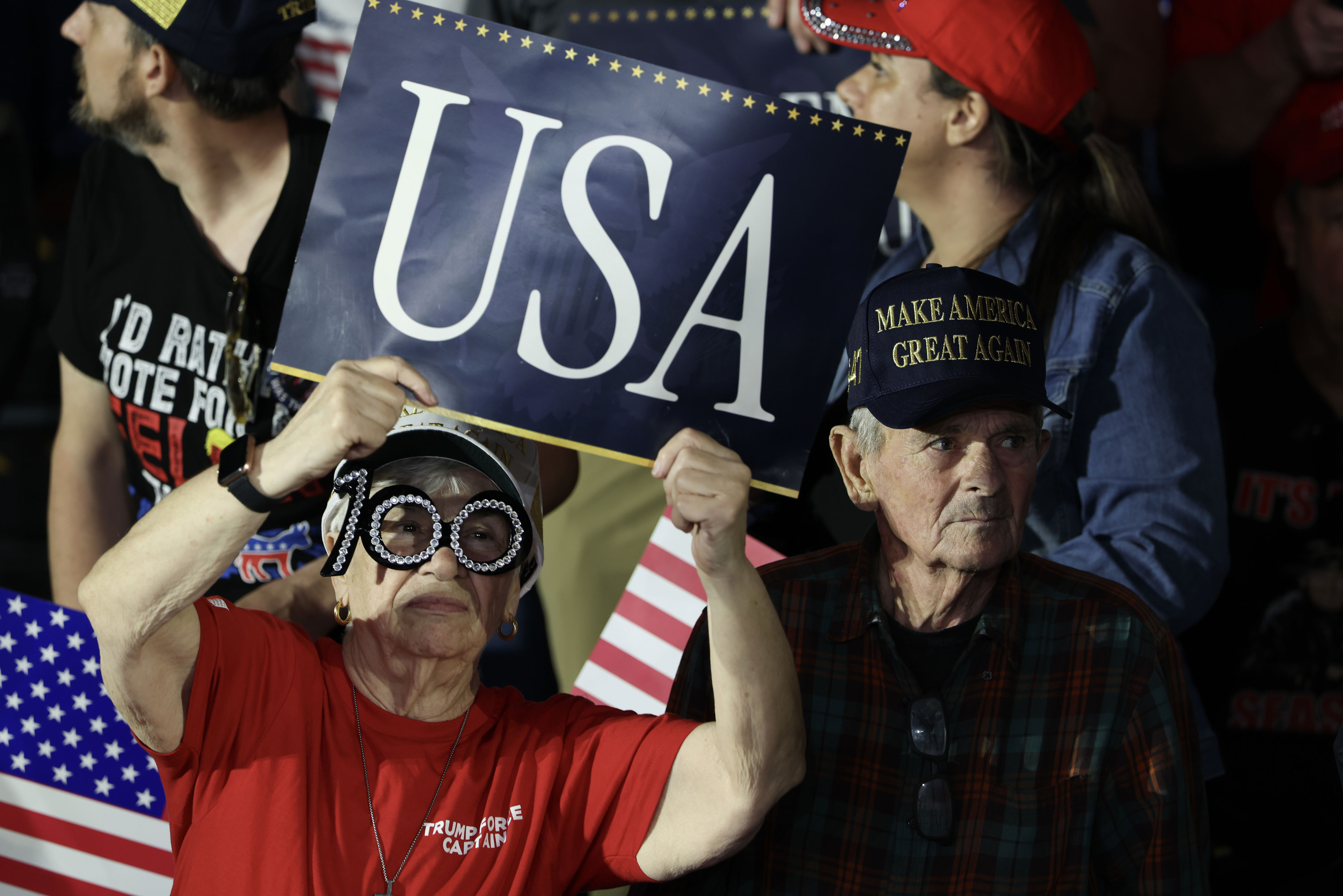
The Political Backlash Against Higher Education
Project 2025 has outlined a clear strategy to reshape the American higher education landscape. This includes eliminating the Department of Education, cutting federal funding, taking control of the accreditation system, and dismantling diversity, equity, and inclusion (DEI) programs. The ultimate goal is to influence what students study and what professors teach. But why is this happening, and is it effective?
Michael Roth, president of Wesleyan University and author of books such as Beyond the University and The Student: A Short History, is one of the most vocal defenders of higher education. He sees the current political attacks on universities as an assault not only on academic institutions but also on civil society itself.
In a recent discussion on The Gray Area podcast, Roth explored the political backlash against universities and its implications. He also examined where American higher education has gone wrong and what needs to change, especially in the context of AI’s growing role.
Roth argues that the federal government is attempting to weaken civil society by undermining the legitimacy of colleges and universities. He explains that this effort is part of a broader pattern of targeting institutions that hold independent authority from the ruling ideology. For instance, the Trump administration targeted high-profile universities like Harvard and UVA, which have significant cultural and intellectual influence.
What Is the Government Actually Doing?
Roth points out that the administration starts with seemingly minor issues, such as the treatment of trans athletes in NCAA sports. Although there are fewer than 10 trans athletes in the country, this issue becomes a rallying point for political agendas. He highlights how the administration uses these issues to exert control over university curricula and research funding. For example, he suggests that if a university does not align with certain views on Middle Eastern Studies, it could lose funding for critical research like Alzheimer’s studies.
This approach leads to a shift in higher education from fostering an oppositional culture to one that prioritizes compliance with the preferences of those in power. As a result, many universities begin to avoid controversial topics to prevent conflict with the administration.
Addressing the Public's Skepticism
Some people dismiss the concerns about universities, arguing that campuses are filled with privileged individuals with extreme views that don’t reflect the broader population. Roth counters this by pointing out that top universities like UVA and Harvard have growing majors in computer science and data science—fields far removed from the "woke" stereotypes often attributed to them. He emphasizes that students at these institutions are not representative of the general public because they are exceptionally talented, not necessarily politically extreme.
Roth also notes that in a democracy, it is important to celebrate excellence, even if it seems elitist. He draws a parallel to athletes or military personnel, who are admired for their skills rather than viewed as elitists. However, he acknowledges that some resentment exists toward institutions that create environments where exceptional individuals can thrive.
The Role of Universities in Democracy
Roth believes that universities should foster an environment where people can experiment with ideas, art, science, and politics. However, he warns that there is a growing effort to impose strict guardrails that force conformity with the views of those in power. This trend is unusual in the history of the United States and threatens the democratic values that higher education has traditionally supported.
He also addresses the question of whether the backlash against universities is entirely manufactured or if universities themselves have contributed to the problem. While he acknowledges that universities have real challenges, such as ideological conformity among faculty, he argues that these issues are not the root cause of the current attacks on free speech and academic freedom.
Reimagining the Purpose of College
When asked about the purpose of college, Roth outlines three key functions. First, it should help students discover what they love to do. Second, it should help them become better at what they love. Third, it should teach them how to share their talents with others, often through employment.
He emphasizes that college should not be solely about job preparation or credentialing. Instead, it should provide a space for personal growth, intellectual exploration, and the development of practical skills. Roth also discusses the role of AI in education, suggesting that while it can be a useful tool, it should not replace the human experience of learning and thinking.
The Future of Higher Education
As AI continues to evolve, Roth raises concerns about whether students will continue to value independent thinking or rely on machines to do the work for them. He believes that people want to think and engage with ideas, provided they are invited to do so. Ultimately, he sees the future of higher education as a balance between leveraging new technologies and preserving the core values of discovery, growth, and shared knowledge.